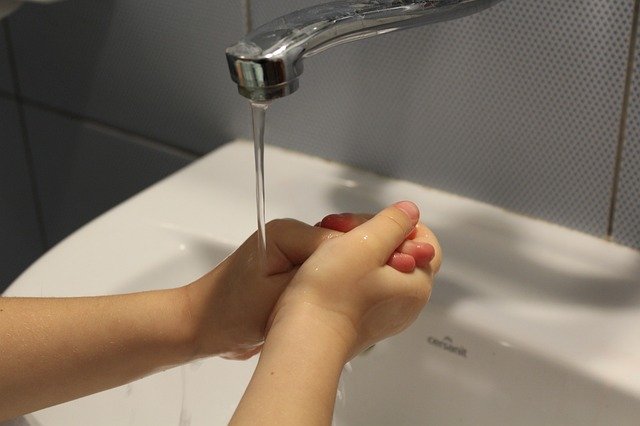New research has evaluated the current treatment of cognitive behavioral therapy and how effective it is in treating OCD in children.
Almost four percent of adolescents and children suffer from Obsessive-Compulsive Disorder or OCD. OCD is a chronic disorder where the affected individual has recurring thoughts, called obsessions, as well as a need to repeat certain behaviors, or compulsions. People with OCD generally cannot control these thoughts or behaviors and experience temporary relief from anxiety when they perform their behaviors.
One form of OCD involves obsessive fears of picking up infections from items that other people have touched. Individuals affected with this kind of OCD will generally avoid these surfaces by touching them with towels or using their elbows, and constantly cleaning everything. A recent Danish study has investigated whether the standard 14-week cognitive behavioural therapy for OCD related to cleanliness is effective for treating OCD in children. The results of the study were published in the Journal of Child Psychology and Psychiatry.
Children and adolescents between the ages of seven and 17 who were diagnosed with OCD were eligible to participate in the study. They all received one session of cognitive behavioral therapy each week for 14 weeks. Individuals who did not respond to that treatment received either ten extra sessions of cognitive-behavioral therapy or sixteen weeks of selective serotonin reuptake inhibitors (SSRIs). A total of 269 youths responded well to the cognitive behavioral therapy session, and they were contacted after three years to determine the lasting effects of the treatment.
Of the initial 269 youths, 210 no longer had OCD that required further treatment three years after the cognitive behavioral therapy treatment. However, after the three years, 59 of the youths were in a mental state in which researchers believed they would relapse. This means that almost 80 percent of the study group had positive results from the treatment, which lasted for three years or more.
The results of this study suggest that treating OCD in children with cognitive-behavioral therapy is effective in some cases, however, according to senior researcher, Per Hove Thomsen, “perhaps the treatment needs to be repeated, or perhaps there’s a need to supplement the treatment with SSRI medicine,”
Written by Avery Bisbee
References:
Jensen, S., Højgaard, D. R. M. A., & Hybel, K. A., et al (2019). Distinct trajectories of long-term symptom severity in pediatric obsessive-compulsive disorder during and after stepped-care treatment. Journal of Child Psychology and Psychiatry. doi: 10.1111/jcpp.13155
Obsessive-Compulsive Disorder. (n.d.). Retrieved November 18, 2019, from https://www.nimh.nih.gov/health/topics/obsessive-compulsive-disorder-ocd/index.shtml.
Standard treatment programmes for OCD are not always enough. (2019, November 18). Retrieved November 18, 2019, from https://www.eurekalert.org/pub_releases/2019-11/au-stp111819.php.
Image by Alicja from Pixabay



